By Siobhan McGirl and Leah Carton
“How nice it would be to come home early in the afternoon and play ball with you and go mountain climbing and see the trees, brooks, and learn all about woodcraft, hunting, fishing, swimming and other things like that,” wrote Commander John Shea of the U.S. Naval Air Force to his five-year-old son. This stream-of-consciousness letter is filled with longing: longing for an end to the war, longing to come home, and longing to be a dad to a young boy.
In the back of his mind, Shea must have known that this letter could be the last form of communication he would ever have with his child. And it was.
Commander Shea perished aboard the aircraft carrier Wasp on September 15. He ends his letter to his son, “Last of all, don’t ever forget your daddy. Pray for him to come back and if it is God’s will that he does not, be the kind of boy and man your daddy wants you to be.”
Letter writing is a fundamental part of the war for servicemen and their families. It is an act of catharsis for the serviceman, and if he does not make it home, his letters become a memento that the family will cherish for years to come. Little five-year-old Shea may not have his dad when he is older, but because of letter writing he has a piece of him.
The Sheas are not alone. Communication between members of the military and their loved ones has increased dramatically since June. A new system known as V-Mail (short for Victory Mail) has been introduced and has taken off, allowing for a more efficient way of sharing letters between the battlefield and the homefront. V-Mail simply requires civilians to place three-cent or six-cent stamps to send a letter to a serviceman by regular or air mail. Servicemen can send their letters for free.
The original V-Mail letters that servicemen write are given serial numbers and reproduced on microfilm. The originals are then kept on file, while the film is shipped in an aircraft to America. Once the letters land, they are reproduced, printed from the film, and finally distributed to families. With serial numbers and originals being held on file, a letter could never be lost in the mail. Any letter lost in transit is simply reprinted, and sent to the appropriate address.
Several million letters have been sent and received in the six months since the military introduced V-Mail. The mission was to improve communication and increase morale. The result? A lifeline from the frontlines of battle to the living room couch.
V-Mail has many benefits. During the first World War, it took up to one month for standard mail delivery by ship. V-Mail has changed the game, taking 12 days or less using aircraft to deliver the letters.
Not only is V-Mail efficient and safe, according to the government—it’s also patriotic. Earlier this year the Army Postal Service launched an extensive campaign to inform the public about the benefits of V-Mail. For one thing it saves a tremendous amount of cargo space, meaning more space is available for arms, munitions, and food for the troops.
Sending 150,000 ordinary one-sheet letters would weigh 2,575 pounds and require 37 mail bags, whereas the same number of V-Mail letters weighs only 45 pounds and occupies the space of a single sack of mail.
V-Mail also affords more frequent letter delivery to soldiers. More than in any previous war, the Army is emphasizing the importance of letters because of their morale value. In fact, the Army tells soldiers carrying letters with them is nearly as vital as the shipment of food.
Although soldiers can write home to their families, and vice versa, they have to be wary of what they include in their V-Mail. They cannot relay their specific locations, or reveal their unit’s next moves, as both would give the enemy an advantage during wartime.
For families to know that their fathers, uncles, sons, cousins, and friends are safe is everything. A letter containing something, even just a few words, is better than not hearing from soldiers at all. The millions of letters that arrive home contain messages of hope, survival, questions about their families back home, and also requests for items, like care packages.
John S. Dempsey, who goes by “Jack,” was inducted into the U.S. Army in January 1941. He left behind his mother, father, and younger sister Trudy in Newark, NJ. He recently sent his sister this message via V-Mail:
Dear Trudy,
How is my kid sister doing nowadays? Do you still have plenty of boys tagging along after you or is there one special one now? Do me a favor and buy pop a birthday present for me. And, ask mom for the money. Don’t say what you are going to do with it & surprise pop with the present. How do you like Dot’s baby? Do they let you hold her when they bring her to Marie’s? In your next letter give me all the dope about how you are getting along. In school and with the boy-friends.
Love, Jack

Jack Dempsey and sister Trudy Dempsey.
Jack misses holidays, birthdays, and watching Trudy grow up. In his letters, he reflects on the war where he does “a bit of fighting” and remains “in the best of health as yet & hopes for the best.”
Reassuring his family of his safety, he writes, “I will drop a line every chance I can get.” He ends his letters on a hopeful note, often times with a simple sign off which reads, “lots of love and hope to see you soon. Love, Jack.”
Even when Jack gets hurt or ill, his positive outlook on the war remains consistent in his letters. Jack’s well-being isn’t in the forefront of his mind since he doesn’t want his family to worry. He’s more concerned with the well-being of those at home.
Dear Mom,
Just a few lines to let you know I am still in the best of health. When you receive a notice from the government, don’t worry too much about it as I am allright and am in a hospital & resting nicely. I have a new address for now but it will be changed in the future. I will let you know of my other charges when they come. What is this about Trudy being a jitterbug? Give my regards to the Bruce’s & DuBois’s. The next letter you write, make it out to my new address. I will write again in a few days.
Lots of love, Jack
“I will write again in a few days,” or an “I’m safe,” is essential for families in America to read from those that matter most. Knowing that they could see that scribbled promise had moms, dads, brothers, and sisters flocking to the post office to send their support and best wishes overseas.
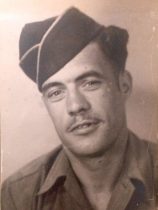
Jack’s service photograph.
Letters from home take soldiers’ minds off the battlefront and get them thinking about their childhood dog, their pop’s upcoming birthday, and the comfort of their mother’s love. It gives them the support they need to keep moving forward.
And moving forward is exactly what the U.S. Army hopes to do. The Army heavily promoted the V-Mail system on radio broadcasts in October, and millions of letters have already passed through the system.
Both those at home and abroad widely respect the mailing system, including Major General James E. Chaney, who has written about V-Mail to President Franklin Roosevelt.
Chaney said the new service is a distinct contribution toward victory since “no other single factor ties in our soldiers with the people at home so much as prompt and adequate service.” V-Mail has proven to be a victory for morale and as such may help bring American troops home safely, back to the people who write to them.
Sources:
“Army Urges V-Mail for Troops Abroad: Army Urges Use of V-Mail To American Troops Overseas.” The Washington Post, Sept. 20, 1942, pg. B2.
“Roosevelt Gets Two Messages Opening Overseas Service V-Mail.” The New York Times, June 13, 1942, pg. 17.
O’Callaghan, M. (2014, Aug 12). ‘I’m alive’: Letters home from the first world war.The Irish Times (1921-Current File) Retrieved from https://search.proquest.com/docview/1736311080?accountid=13793
http://www.pbs.org/thewar/at_home_communication_letters_diaries.htm
https://books.google.com/books?id=JEAEAAAAMBAJ&pg=PA43&source=gbs_toc_r&cad=2#v=onepage&q&f=false
https://postalmuseum.si.edu/victorymail/
https://blog.newspapers.com/find-wwii-letters-home/

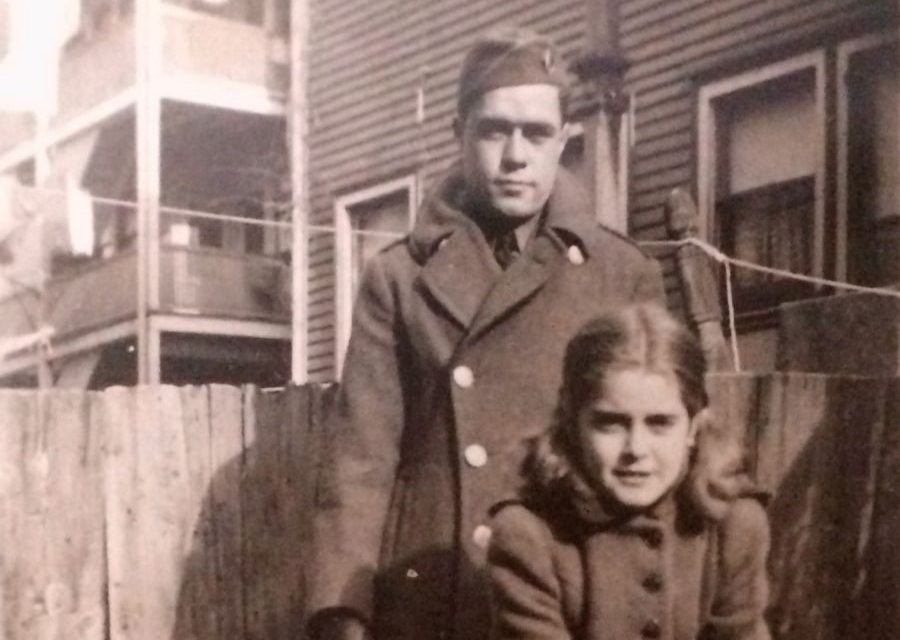
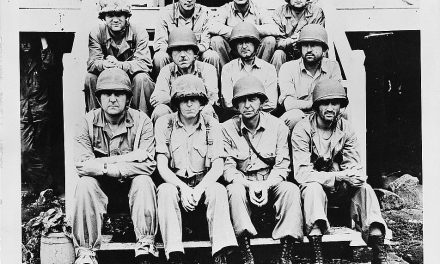
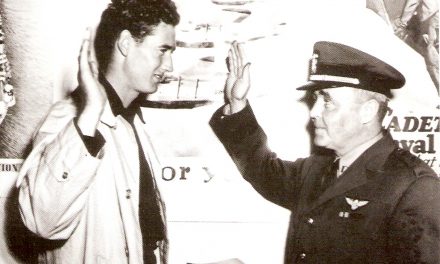
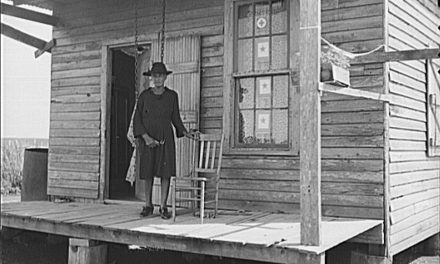
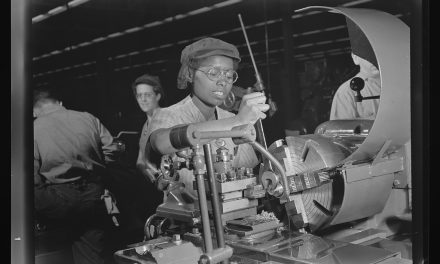
Thanks for another great article. Just discovered this website last week. As a former history major with a particular interest in learning lessons from this era, I deeply appreciate your efforts to bring this information to us in a very excellent format. Will continue reading!